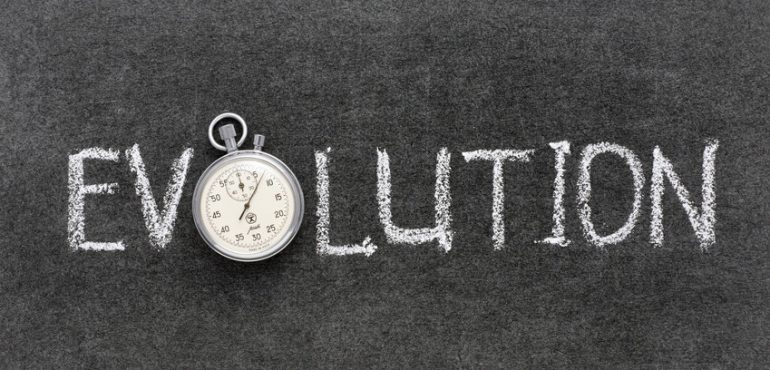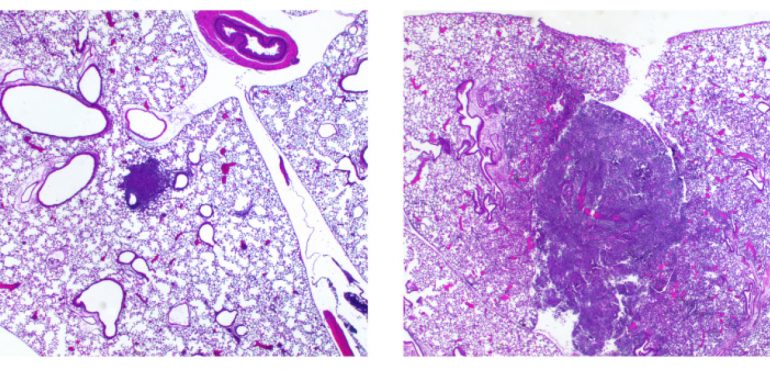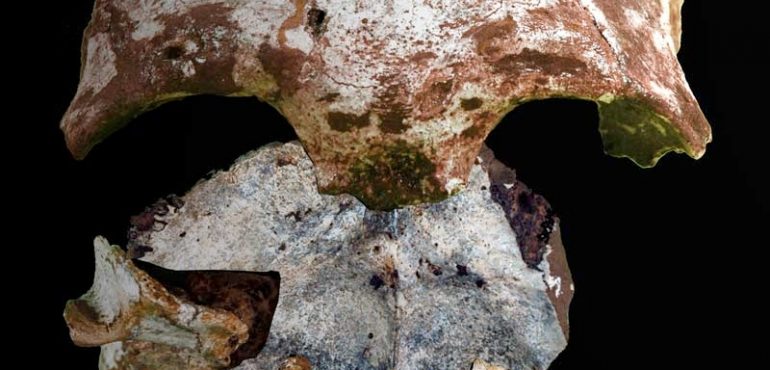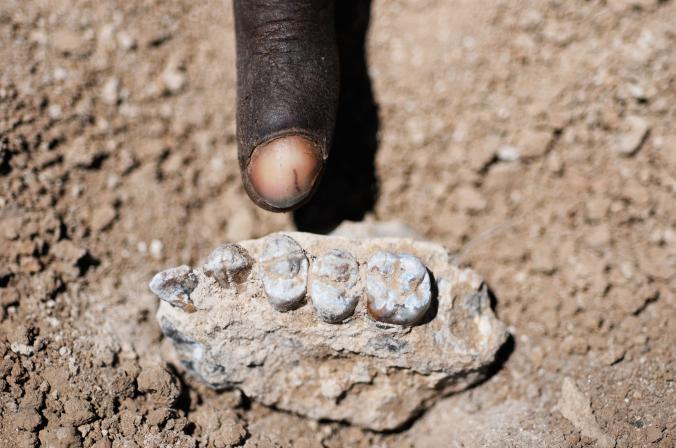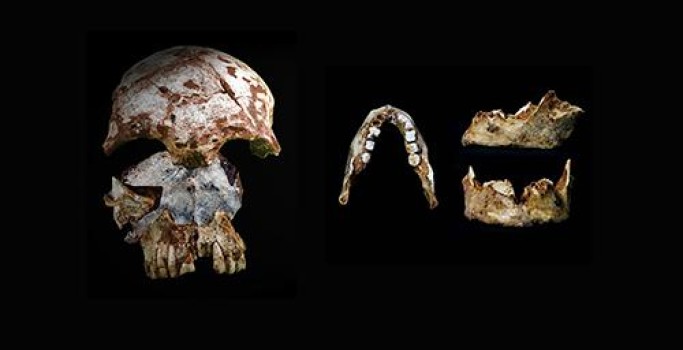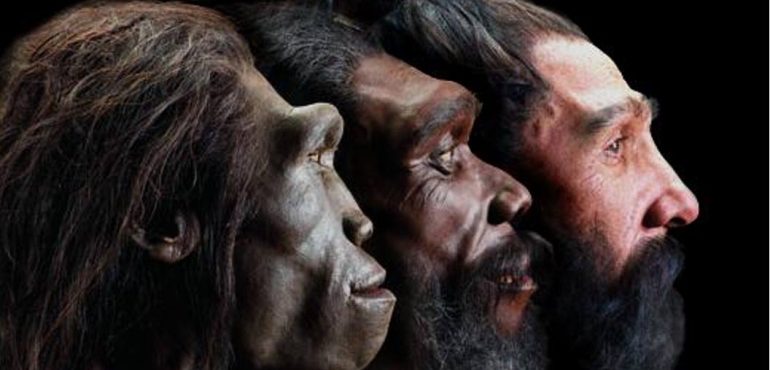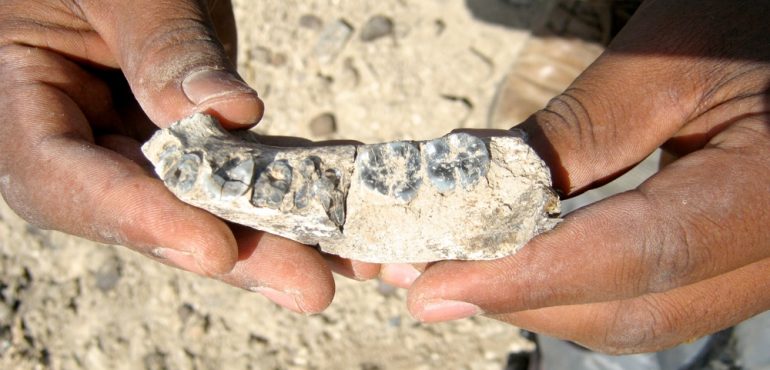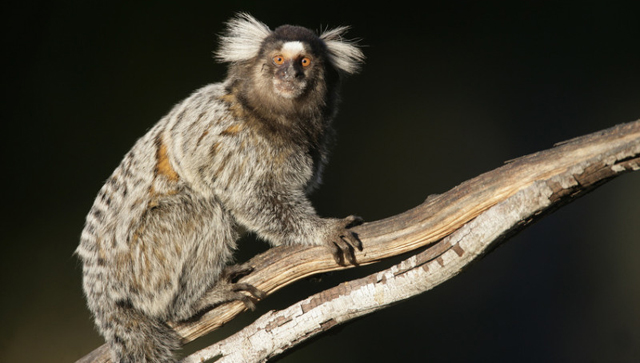New species evolve whenever a lineage splits off into several. Because of this, the kinship between species is often described in terms of a 'tree of life', where every branch constitutes a species. Now, researchers at Uppsala University have found that evolution is more complex than this model would have it, and that the tree…
Read more
The Tree of Life may be more like a bush
